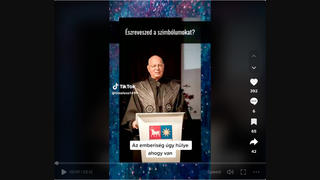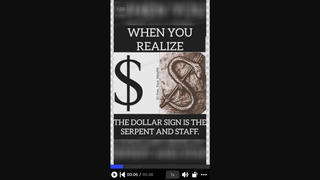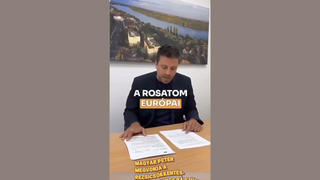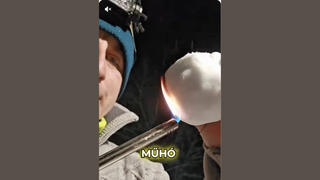
Has Israel lost the "Balfour Contract," thereby invalidating its right to exist? No, that's not true: There never was any "Balfour Contract" that guaranteed Israeli statehood. The Balfour Declaration was a 1917 statement that pledged British support for the establishment of a Jewish homeland on the land then known as Palestine. It does not provide the legal basis for present-day Israel and cannot be "lost."
The claim appeared in a French-language video with Hungarian subtitles (archived here) on TikTok on November 7, 2023, under the caption (translated from Hungarian to English by Lead Stories staff), "Irael finished from now on every country has the right to attack Irael." It showed a man presenting what appeared to be a homemade newscast, saying (translated from French to English by Lead Stories staff):
About an hour ago, Israel lost the Balfour Contract. Israel is no more. It cannot function any more. It's game over, now. Game over! Israel has lost its right to existence, its right to exploitation. From now on, it constitutes a state operating illegitimately.
This is what the post looked like on TikTok at the time of writing:
(Source: TikTok screenshot taken on Mon Nov 20 12:14:30 2023 UTC)
What the newsreader calls the "Balfour Contract" is actually the Balfour Declaration, a statement that British Foreign Secretary Arthur Balfour made in a letter to Lionel Walter Rothschild, a leader of Britain's Zionist community, on November 2, 1917. The entire contents of the declaration read:
His Majesty's Government view with favour the establishment in Palestine of a national home for the Jewish people, and will use their best endeavours to facilitate the achievement of this object, it being clearly understood that nothing shall be done which may prejudice the civil and religious rights of existing non-Jewish communities in Palestine, or the rights and political status enjoyed by Jews in any other country.
The Balfour Declaration was enshrined in international law when the League of Nations included its text in the preamble to the Palestine Mandate, which granted Britain control over Palestine on July 24, 1922. However, this legal status ceased to exist when the League of Nations dissolved on April 20, 1946.
The U.N., the successor to the League, did not mention the Balfour Declaration in Resolution 181 of November 29, 1947, which partitioned the Palestine Mandate into Arab and Jewish states.
The Declaration of the Establishment of the State of Israel, issued on May 14, 1948, mentions the Balfour Declaration as an early affirmation of "the right of the Jewish people to rebuild its National Home" in Palestine, but does not accord it legal status. Moreover, in a string of decisions beginning in 1995, Israel's Supreme Court ruled that the Establishment Declaration "does not have the validity of constitutional law," according to the Jewish Virtual Library.
The Basic Laws, a collection of 14 statutes that serve as an uncodified constitution for Israel, also do not mention the Balfour Declaration.
Nothing substantiates the claim that Israel is "operating illegitimately." The U.N. admitted Israel as a full member state on May 11, 1949, and has not rescinded this status. Of the 193 U.N. member states, only 29 mostly Islamic countries refuse to recognize Israel, according to the Jewish Virtual Library.
















